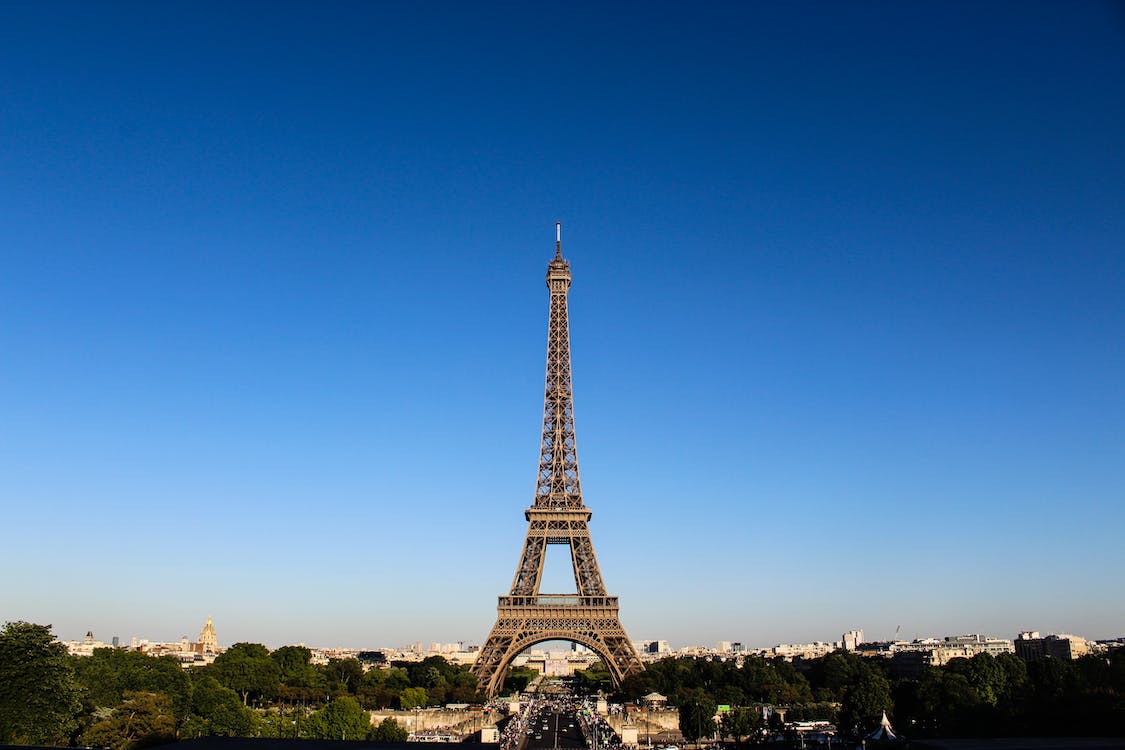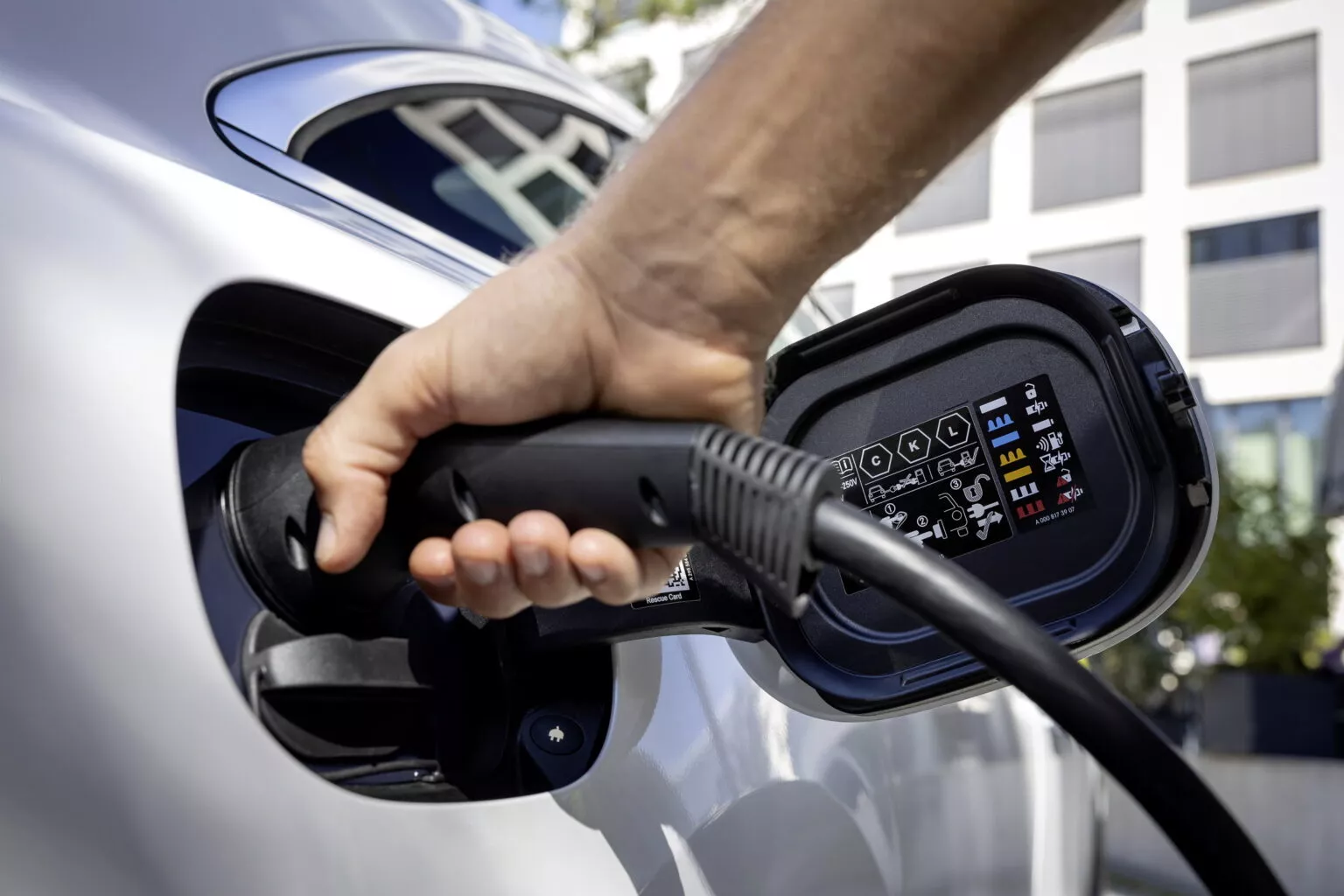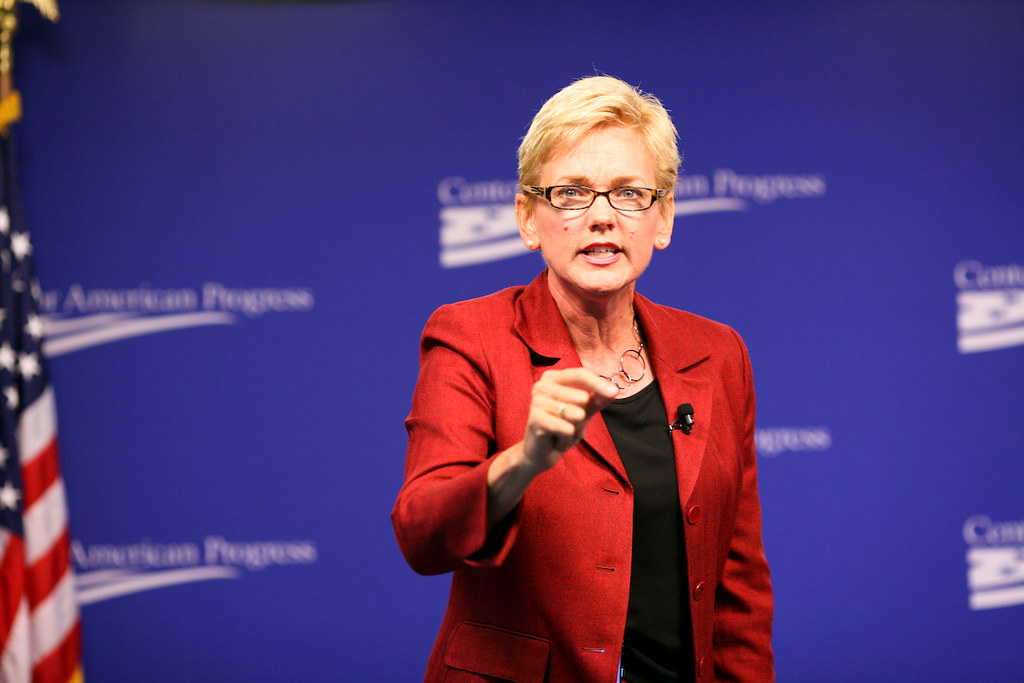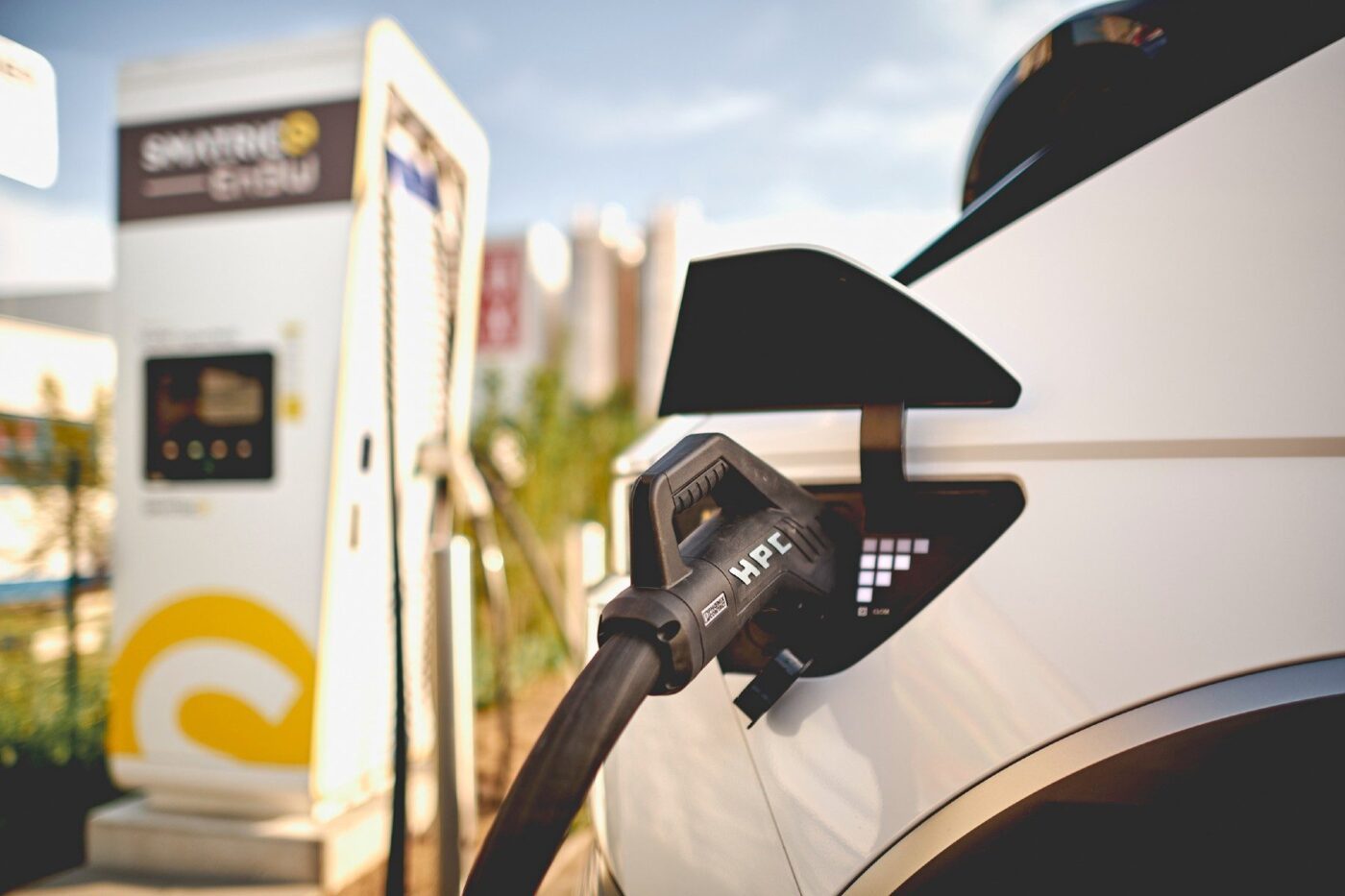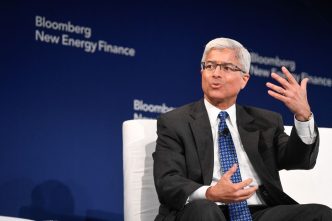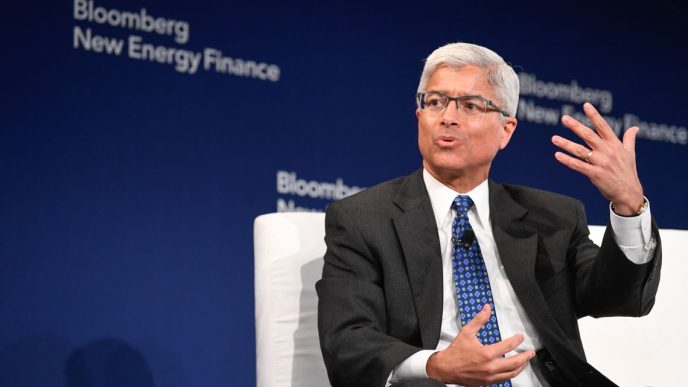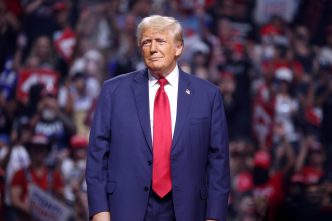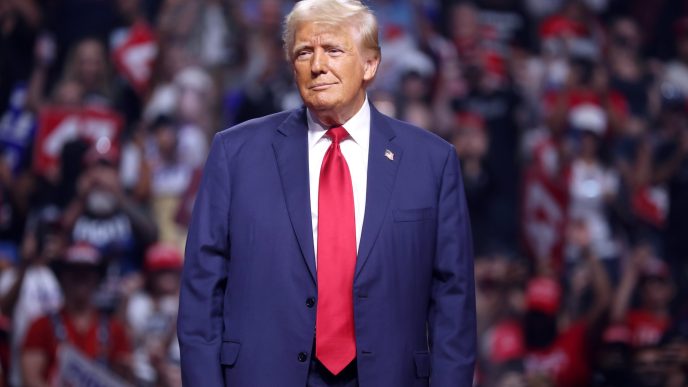The European Union will maintain its timeline to phase out internal combustion engine (ICE) vehicle sales by 2035, a stance reinforced by newly designated Climate Commissioner Wopke Hoekstra. Speaking at his parliamentary hearing, Hoekstra expressed strong support for the plan to decarbonize Europe’s transport sector, echoing recent comments from EU Transport Commissioner Apostolos Tzitzikostas.
Hoekstra, a member of the European People’s Party (EPP) from the Netherlands, emphasized the need for regulatory stability, particularly for carmakers aiming to meet upcoming carbon reduction milestones, including interim targets set for 2025. “Our priority must be to ensure predictability for industry,” Hoekstra said. He further stated his commitment to fostering a fair economic environment for EU car, battery, and environmental industries, as well as bolstering EV charging infrastructure and electrical grid investment. While ruling out revisions to the current biofuels framework, he signaled a clear focus on electrification as the pathway to reducing transport emissions.
Environmental advocacy group Transport & Environment (T&E) commended Hoekstra’s stance, referring to it as “clarity” in EU climate strategy. T&E urged automotive manufacturers to align with the EU’s targets and focus on producing affordable electric vehicles for the European market.
The 2035 phase-out aligns with the EU’s Green Deal, launched under Commission President Ursula von der Leyen’s first term, which mandates that only vehicles emitting zero CO2 may be registered in the bloc starting that year. Though traditional combustion engines will effectively be phased out, the legislation includes an exception for ICE vehicles powered exclusively by e-fuels, a concession aimed at securing broader political support for von der Leyen’s reappointment.
Source: europarl.europa.eu


